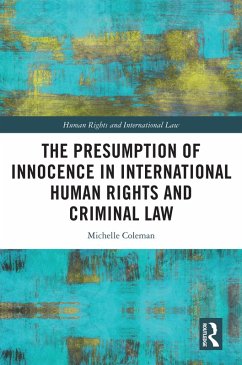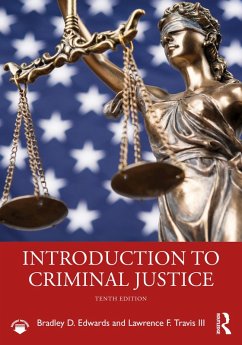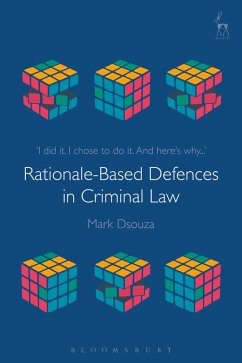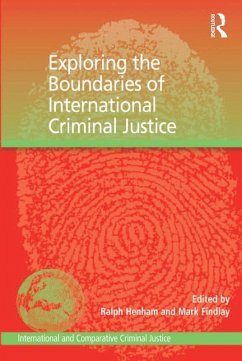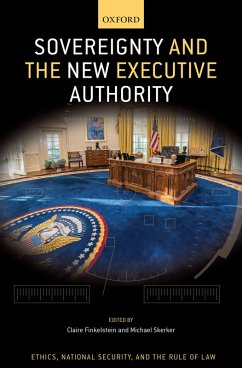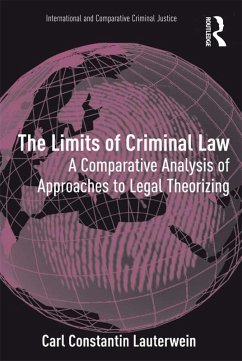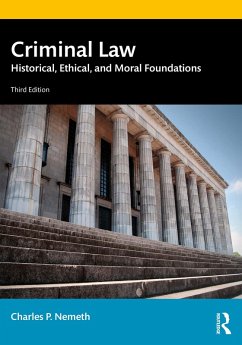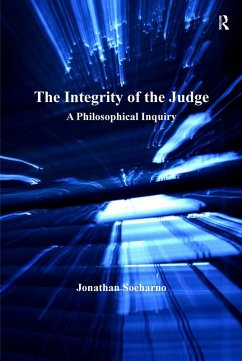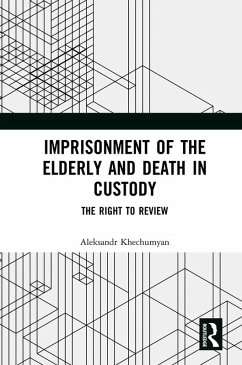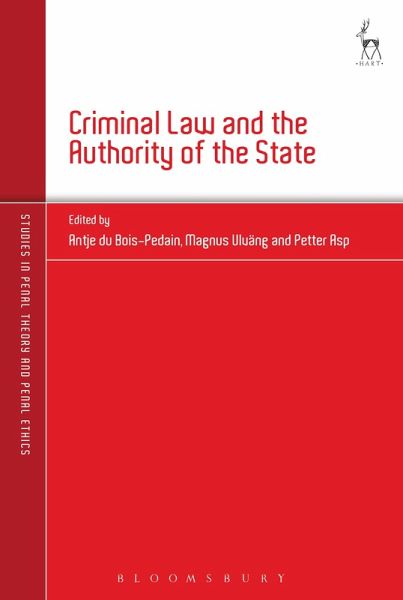
Criminal Law and the Authority of the State (eBook, ePUB)
Versandkostenfrei!
Sofort per Download lieferbar
33,95 €
inkl. MwSt.

PAYBACK Punkte
17 °P sammeln!
How does the state, as a public authority, relate to those under its jurisdiction through the criminal law? Connecting the ways in which criminal lawyers, legal theorists, public lawyers and criminologists address questions of the criminal law's legitimacy, contributors to this collection explore issues such as criminal law-making and jurisdiction; the political-ethical underpinnings of legitimate criminal law enforcement; the offence of treason; the importance of doctrinal guidance in the application of criminal law; the interface between tort and crime; and the purposes and mechanisms of sta...
How does the state, as a public authority, relate to those under its jurisdiction through the criminal law? Connecting the ways in which criminal lawyers, legal theorists, public lawyers and criminologists address questions of the criminal law's legitimacy, contributors to this collection explore issues such as criminal law-making and jurisdiction; the political-ethical underpinnings of legitimate criminal law enforcement; the offence of treason; the importance of doctrinal guidance in the application of criminal law; the interface between tort and crime; and the purposes and mechanisms of state punishment. Overall, the collection aims to enhance and deepen our understanding of criminal law by conceiving of the practices of criminal justice as explicitly and distinctly embedded in the project of liberal self-governance.




